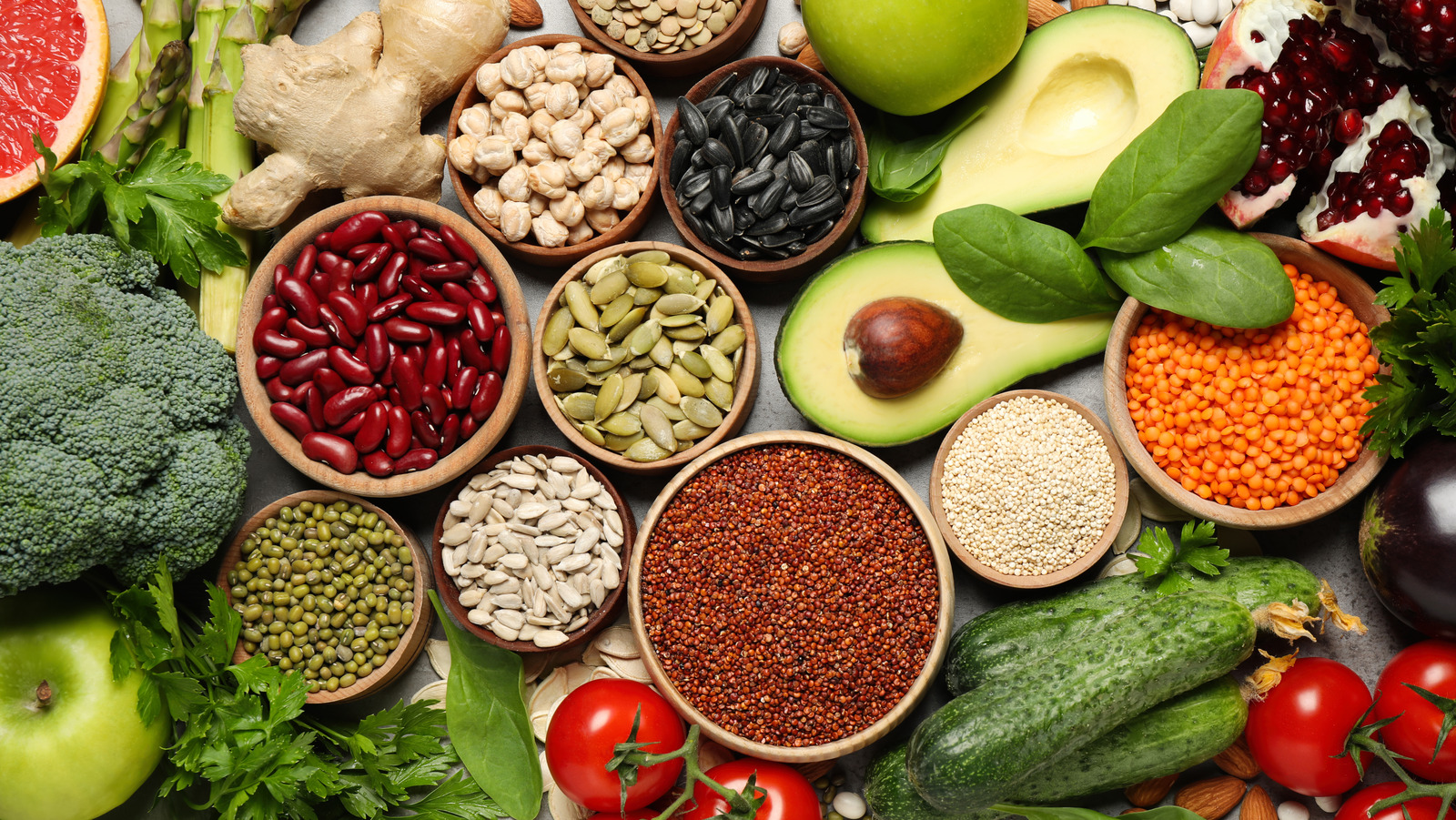8 Foods That Are High in Copper

Introduction:
Copper is an essential mineral that plays a vital role in various physiological processes within our bodies. It is involved in the production of red blood cells, maintenance of nerve cells, and the formation of connective tissues. Additionally, copper acts as an antioxidant, aiding in the protection against free radicals. While copper deficiency is relatively rare, ensuring an adequate intake of copper-rich foods can help maintain optimal health. In this comprehensive guide, we will explore eight foods that are high in copper and can be easily incorporated into your diet.
Shellfish:
Shellfish, such as oysters, mussels, and lobster, are excellent sources of copper. Oysters, in particular, are exceptionally rich in copper, providing over 7 milligrams per 100 grams. Including shellfish in your diet not only boosts your copper intake but also offers other essential nutrients like zinc, vitamin B12, and omega-3 fatty acids.
Nuts and Seeds:
Nuts and seeds are not only tasty snacks but also great sources of copper. Cashews, almonds, sesame seeds, and sunflower seeds are particularly high in copper content. A quarter cup of cashews contains approximately 0.9 milligrams of copper, making them an excellent choice for a quick and nutritious copper-rich snack.
Organ Meats:
Organ meats, such as liver and kidneys, are known for their exceptional nutrient density, and copper is no exception. Beef liver, in particular, stands out as an abundant source of copper, providing about 12 milligrams per 100 grams. However, due to their high levels of cholesterol, it is recommended to consume organ meats in moderation and as part of a well-balanced diet.
Dark Chocolate:
Dark chocolate lovers have yet another reason to indulge in their favorite treat. Alongside its rich taste, dark chocolate also contains a considerable amount of copper. Consuming an ounce (28 grams) of dark chocolate can provide approximately 0.9 milligrams of copper. Opt for dark chocolate with at least 70% cocoa content to reap the maximum benefits while keeping added sugars in check.
Legumes:
Legumes, such as lentils, chickpeas, and soybeans, are not only excellent sources of plant-based protein but also contain significant amounts of copper. For example, a cup of cooked lentils contains around 0.5 milligrams of copper. Incorporating legumes into your diet offers a wide range of health benefits beyond copper intake, including dietary fiber, iron, and folate.
Leafy Greens:
Leafy green vegetables, including spinach, kale, and Swiss chard, are nutritional powerhouses that also provide copper. While the copper content in leafy greens is relatively lower compared to other sources, they offer numerous health benefits due to their rich antioxidant and vitamin content. Including a variety of leafy greens in your diet contributes to your overall copper intake.
Whole Grains:
Whole grains, such as quinoa, oats, and buckwheat, contain moderate amounts of copper. Consuming whole grains not only provides copper but also supplies fiber, vitamins, and minerals essential for overall health. For instance, a cup of cooked quinoa contains approximately 0.4 milligrams of copper.
Mushrooms:
Mushrooms, particularly shiitake and white button mushrooms, are not only delicious but also contain noteworthy amounts of copper. Adding mushrooms to your meals, whether in stir-fries, salads, or soups, is an excellent way to enhance your copper intake while enjoying their unique flavors and textures.
Conclusion:
Including copper-rich foods in your diet is essential to maintain optimal health and well-being. The eight foods mentioned in this comprehensive guide – shellfish, nuts and seeds, organ meats, dark chocolate, legumes, leafy greens, whole grains, and mushrooms – provide a variety of options to increase your copper intake. Remember to consume these foods as part of a balanced diet to ensure you receive a wide range of nutrients while meeting your daily copper requirements. Consult with a healthcare professional or registered dietitian to determine the ideal copper intake for your specific needs and health condition.
- The Ultimate CBD Oil Comprehensive Review By Plainjane - April 6, 2024
- 8 Foods That Are High in Copper - July 11, 2023
